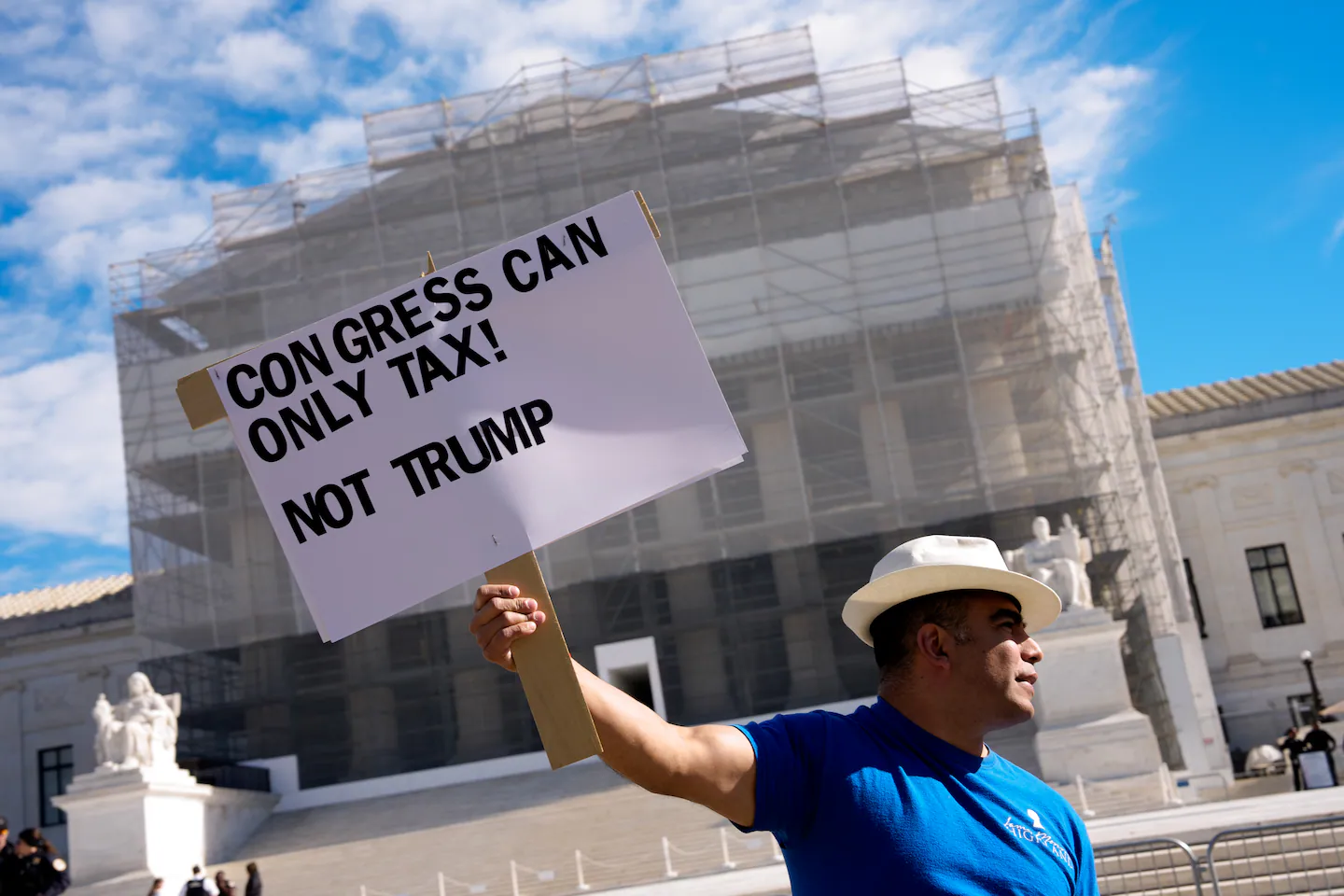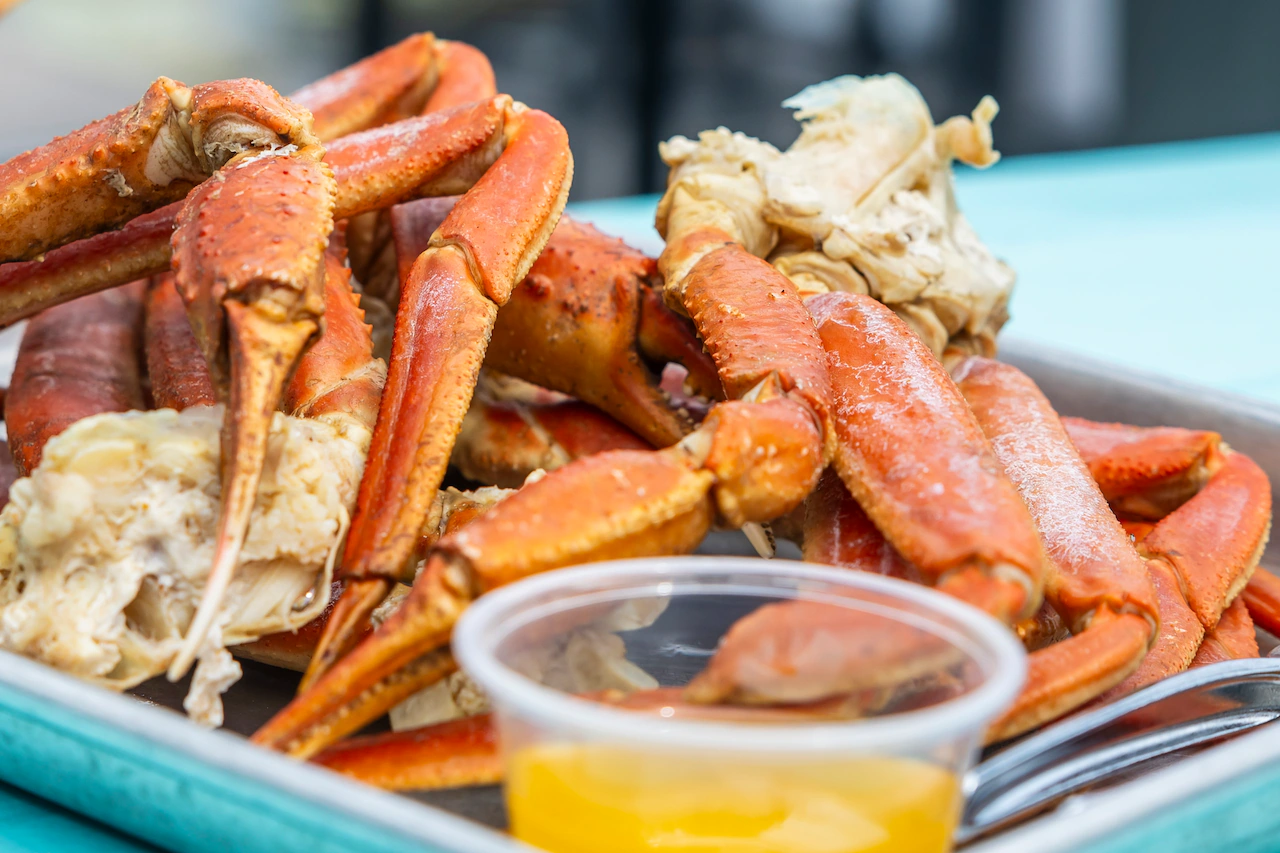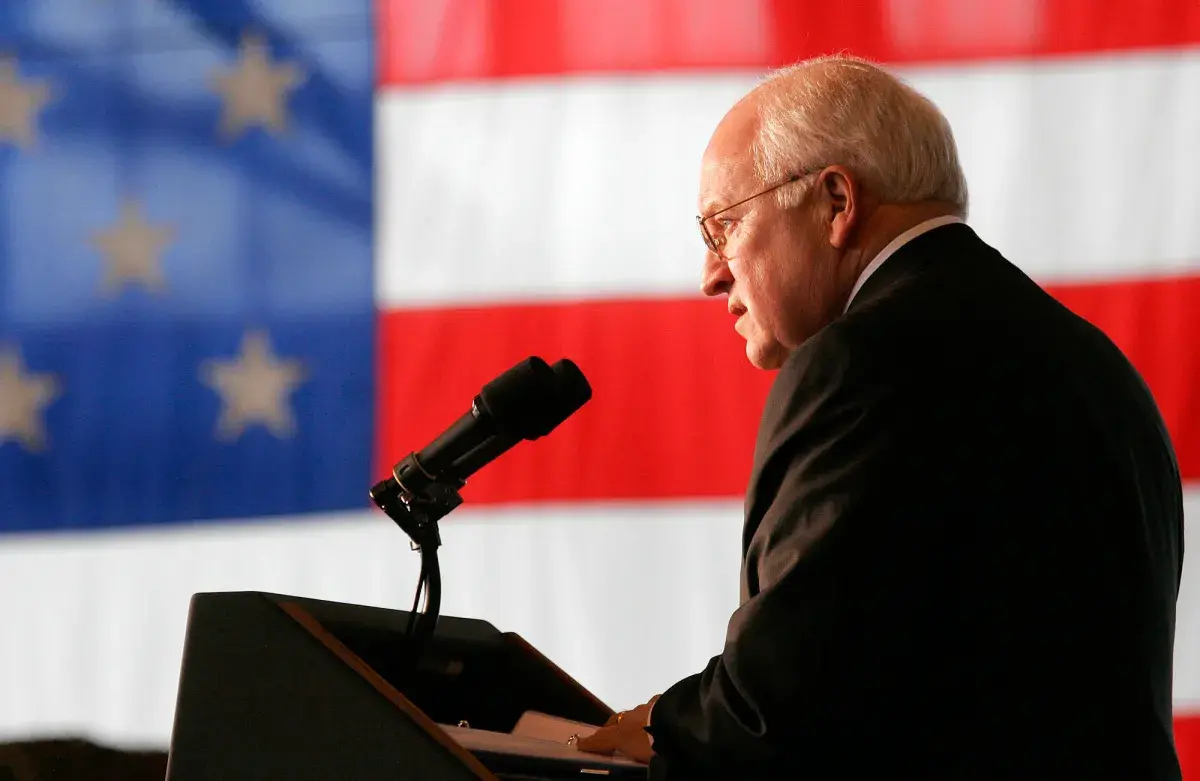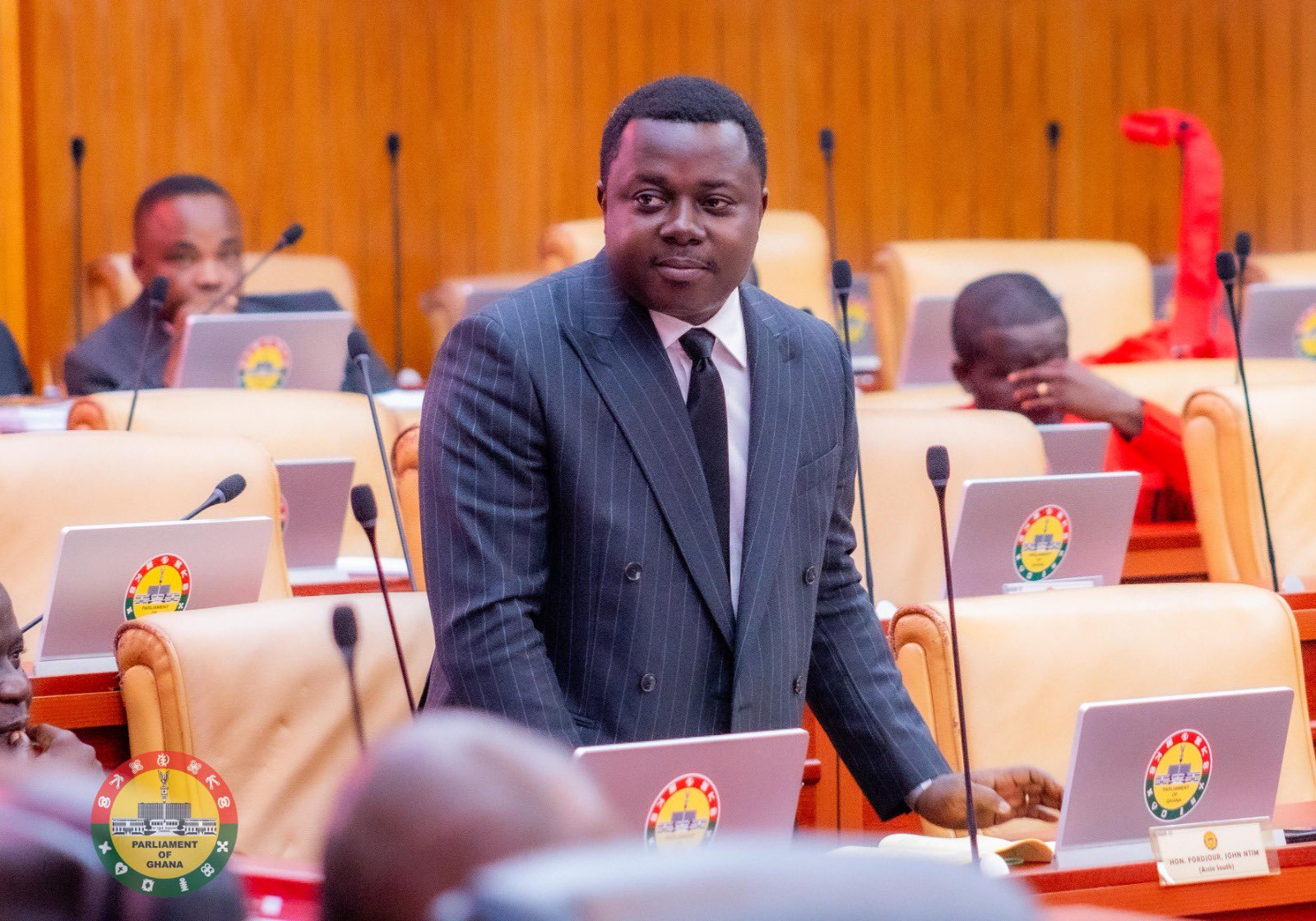Copyright The Boston Globe

💰 A reckoning on tariffs 💭 A “capacious” argument 🗣 Which justices spoke the most? President Trump may have finally pushed the conservative majority of the Supreme Court too far. During oral arguments over his emergency tariff regime, several Republican-appointed justices, including those nominated by Trump himself, seemed skeptical that the law Trump claims gives him nearly limitless tariff authority says what he thinks it says. And even if it does, the Constitution’s separation of powers principles may still have something to say about it. Justice Neil Gorsuch was among the Trump appointees who seemed skeptical Congress could give the president powers that are usually reserved for the legislative branch, such as regulating trade. And even if it wanted to, it certainly can’t create “a one-way ratchet” that gives the president power Congress cannot claim back. When it comes to the tariff power, “as a practical matter in the real world, [Congress] can never get that power back,” Gorsuch said, noting that even if Congress passed a law revoking the president’s claimed power, he could simply veto it. The court’s wariness of Trump’s argument makes sense. The Trump administration has an uphill battle in the case. It has to prove not only that the statute authorizes the vastly broad tariff authority Trump claims under his emergency executive orders, but also that it doesn’t run afoul of either of two constitutional principles: the major questions doctrine or the nondelegation doctrine. The major questions doctrine is a Supreme Court-created rule that holds that if Congress delegates to the executive branch the power to decide an issue of major national significance, Congress must do so clearly in the language of the law. The court has used that doctrine to, for example, strike down former president Joe Biden’s student loan forgiveness program. The nondelegation doctrine holds that while Congress can delegate some of its powers, it can never delegate its lawmaking power. The challengers to Trump’s tariffs — a group of small businesses that say the tariffs are economically crushing, and 25 states — argue that the International Emergency Economic Powers Act, or IEEPA, doesn’t even include the word “tariff” or “duty” in its language, let alone give clear authority to the president to impose them. They also argue that the way Trump has used the purported power — threatening, imposing tariffs at varying levels, and then reversing tariffs on various countries — is clearly a form of lawmaking, and congressional lawmakers couldn’t give a president that power even if they wanted to. US Solicitor General D. John Sauer had his work cut out for him at arguments. While he echoed Trump’s claims that striking down the tariffs at this point would have “ruinous economic and national security consequences,” several justices, including those in the court’s conservative bloc, expressed skepticism that Trump had the power he seeks. Chief Justice John Roberts, for example, pointed out that the power to levy taxes on Americans clearly rests with Congress. “Who pays the tariffs?” Roberts asked Sauer. “If a tariff is imposed on automobiles, who pays them?” Sauer answered that some are paid by foreign entities, but acknowledged that some are paid by American importers and wholly-owned American subsidiaries of foreign companies. That was a big concession that Trump is wielding the power in a way that isn’t just affecting foreign trade policy. That doesn’t mean the case is a slam-dunk for the challengers. Neal Katyal, who was chosen by coin flip to argue the case on behalf of the small businesses challenging Trump’s tariffs, stated that the emergency powers Trump is asserting are far broader than the statute allows. But Justice Samuel Alito seemed unconvinced. “Isn’t it the very nature of an emergency provision that it’s going to be very open-ended?” Alito asked, apparently not as concerned about the breadth of Trump’s asserted tariff power as the justice was about Biden’s student loan relief. If the court does finally brush Trump back with a decision reining him in on tariffs, it would be a big departure for a majority that has broadly backed the president in most court battles. It would also be the first opportunity to see if Trump, who has repeatedly defied lower court orders, will obey a major Supreme Court decision if it goes against him. The stakes are high not only for the economy but also for the rule of law. Quotes about the nation’s highest court, with a dash of legal analysis. The Spin: This is more of a word of the day than a quote. Sauer argued repeatedly that the powers Congress granted in IEEPA to the executive branch to “regulate importation” are “capacious” — meaning big and broad enough to encompass tariffs if the president declares a trade emergency. It didn’t seem to be particularly persuasive to the court. “I wouldn’t describe them as capacious,” Justice Amy Coney Barrett said. “We don’t typically use [the words ”regulate importation”] to refer to duties or tariffs,” Justice Elena Kagan said. To me, the capacious argument is ludicrous. News, tidbits and scuttlebutt about the court The silence of big business: There were a lot of amicus briefs, also called friend-of-the-court briefs, filed in the tariffs case — and as Berkeley Law dean Erwin Chemerinsky points out in SCOTUSblog, most urge the court to rule against Trump. But there has been relative silence from one group that certainly is watching the case closely: big American corporations. According to a CNN report, there is a reason for them to stay mum: “The lack of public input from major US companies on the docket of a Supreme Court appeal with potentially vast consequences for their bottom line and the economy as a whole is unusual and likely based at least in part on a fear of retribution from the White House, multiple people involved with the case and outside experts said.” The most talkative justice: In SCOTUSblog’s Empirical SCOTUS piece this week, Adam Feldman has some interesting data about the first month of oral arguments this term: which justices spoke the most and the least. So far, the most talkative member of the bench is Justice Ketanji Brown Jackson, who during arguments in the Voting Rights Act case involving Louisiana’s congressional map uttered 2,035 words — more than any other justice in any other hearing. Overall, Jackson spoke 9,500 words during arguments in October, compared to her least talkative colleague, Justice Clarence Thomas, who spoke only 1,635 words during the month. Only one justice remained silent during an argument: Justice Brett Kavanaugh didn’t utter a word during oral arguments in a challenge to Colorado’s ban on conversion therapy for minors. A window into my world I hope you had a happier Halloween than Snickers did. She’s still mad.



